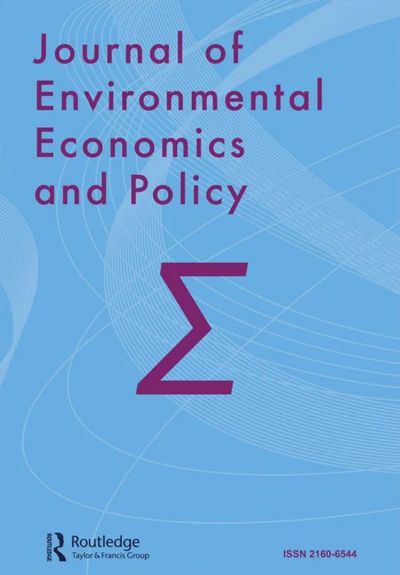Does validity matter for policymakers? Evidence from choice experiments on urban green
Stated preference methods such as choice experiments are frequently used for the valuation of environmental goods. Studies suggest that the impact of valuation results on policymaking is rare. How the validity of stated preference results is perceived by policymakers may be a neglected barrier to use in policymaking.
The study investigates
- (1) how valuation results are used by policymakers,
- (2) how policymakers perceive their validity, and
- (3) how these perceptions matter for the use of the results.
The authors conduct choice experiments on urban green, directly involving local policymakers in the process. The policymakers, who were interviewed later, report frequent informative use of the results. Although concerns regarding validity exist, they are not a major barrier for informative use but maybe for decisive use.
The findings provide new insights on the use of valuation results by policymakers, as the study is the first to focus on stated preference results and on the role of perceived validity and enables an in-depth analysis by interviewing policymakers involved in a transdisciplinary process. It derives recommendations for researchers on how to design and communicate stated preference studies to increase their use in environmental policy-making.



